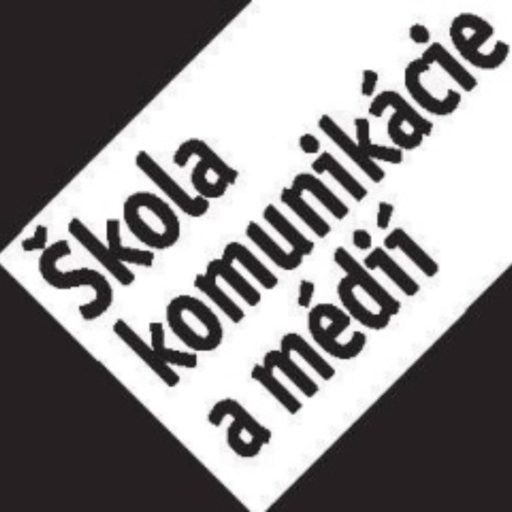REGIONAL SYMPOSIUM ON SOCIAL MEDIA REGULATION:
Lessons Learned, Policies Suggested, Trends Forecasted
20.-21.2.2019, Bratislava, Slovakia
Programme
Minutes from the Symposium
Discussion materials:
1.1 Research Findings
1.2 Policy Recommendations
1.3 A New Model for Media Regulation
1.4 Studies Detected on the Impact of Fake News and the Bias of Algorithms
1.5 Political Caricatures and Migration in V41.6 Social Media and Courts in Slovakiain
1.7 Case Studies of Social Media and Freedom of Speech Slovakia
1.8 Missing Response – Organized Information Distortion Warfare in Service of Achieving Political, Financial and Private Gain
2.1 Should Digital Exceptionalism End? An Analysis of the EU Liability Regime for Online Hosting Platforms
2.2a Criminal Liability of Facebook Reaction Buttons as a form of Hate Speech
2.2b Slovak Version: O trestnosti používania reakčných tlačidiel na Facebooku
2.3 Social Media Regulation and Human Rights: The Impact of Germany’s Network Enforcement Act
2.4a Online Services as a New Form of Information Intermediaries
2.4b German Version: Online-Dienste als neue Form von Informationsübermittlern
2.5 Comparing Copyright Laws with other Regulatory Factors on Social Media
2.6a Research Findings and Policy Recommendations for Stakeholders and Policy Makers Tackling Information Disorder
2.6b Research Findings and Policy Recommendations for Organisations and Initiatives Tackling Fake News
2.6c Slovak Version: Boj proti „fake news“: čas na systematický a vedecký prístup
2.7 How Should Governments Regulate Facebook and other Social Media Platforms?
2.8 NetzDG – Key Principles
2.9 Privatised Enforcement and the Right to Freedom of Expression
2.10 Media regulation made simple: Radical Suggestion from Australia
2.11 How to Hold Social Media Companies Accountable without Compromising: A US Perspective
2.12 Are Twitter Users Liable for epublishing the Defamatory Tweets of Others?
2.13 Social Media Harm Reduction Proposal
2.14 How to Revitalise Trust in Media and Democracy – a US Perspective
2.15 The Power of Messaging Apps in Spreading Disinformation Online
2.16 Lies Spread Faster Than the Truth on Twitter
2.17 Russian Sites of Hybrid War
2.18 “Fake news”: Reconsidering the value of untruthful expression in the face of regulatory uncertainty
2.19 Reports on Removing Problematic Content by Platforms
2.20 Wisdom of Crowd as Solution to Fake News?2.21 Liability for the Tweet on the Basis of Agency
3.1 The Independence of Media Regulators Authorities
3.2 Digital Media Regulation in V-4: The Czech Republic, Hungary, Poland and Slovakia
3.3 European Regulation of Video-Sharing Platforms: What’s New, and will it Work?
3.4 The New Audiovisual Media Services Directive: Turning Video Hosting Platforms into Private Media Regulatory Bodies
3.5 The European Vision of Co-Regulation3.6 Challenges of Media Self- Co-Regulation
3.7 Principles for Better Self- and Co-Regulation
3.8 Media Co-Regulation in Denmark – a Unique Experience?
3.9 Media (Co)-Regulation in Ireland – a Success Story?
3.10 Policy Recommendations: How to Improve the Legal Regime on the Liability of Providers of Hosting Services
3.11 Advantages and Disadvantages of Co-Regulation
3.12 Overview of Evaluation Criteria for Co-Regulation
3.13 Article 19 Promotes Self-regulation
3.14 Social Media Regulation in Russia
3.15 International Context – Regulatory Model in China
4.1 Synthesis of Predictions of Future Trends in Social Media Based on Specialised Reports for 2019 and Beyond
4.2 AI and Fake News
4.3 AI Research Techniques4.4 Can Terrorist Attacks Be Predicted and Prevented Using Classification Algorithms?
4.5a The Czech Discussion on Social Media Regulation
4.5b Czech Version: O českém návrhu trestat mazání příspěvků
4.6 Preventive Mechanisms against Hate Speech Applicable in Social Networks
4.7 Social Media Platforms Regulation in Australia
